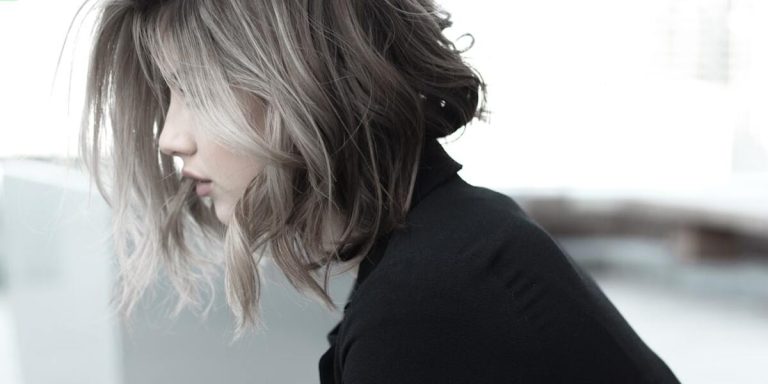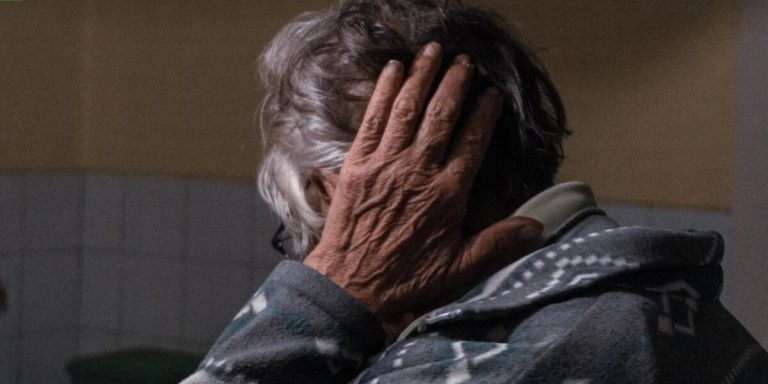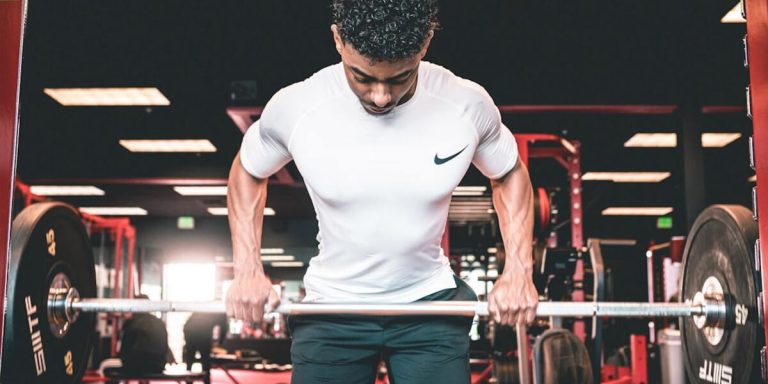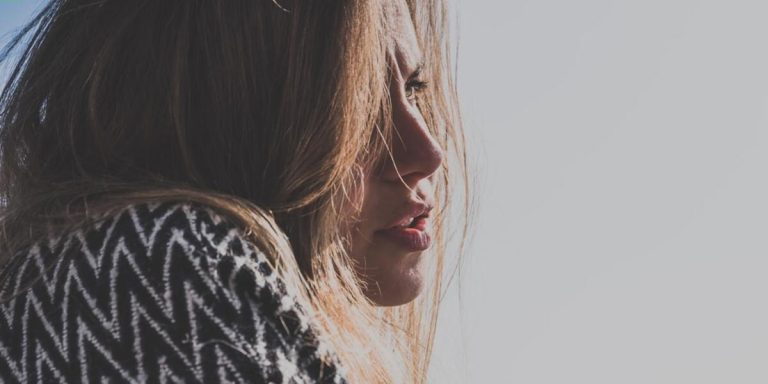Can Conditioner Cause Hair Loss? Unraveling the Truth Behind the Belief
There’s a widespread belief that has many wondering, “can conditioner cause hair loss?” This topic isn’t just prevalent amongst the beauty conscious; it is of concern to anyone who wishes to maintain healthy looking locks. Questioning every aspect related to our regular grooming habits when facing an issue like abnormal fallout seems only logical. However, if we accept these theories without digging deeper into their factual base, we might be doing more harm than good.
In fact, there are numerous factors involved when discussing what can contribute towards excessive hair fall and determining whether conditioner truly plays such a detrimental role requires proper examination. Brushing past myths and focusing on science-backed information will help us understand this complex relationship between conditioner usage and potential hair loss better.
Did you know?
While conditioners are designed to nourish your hair, some may contain silicones and harsh chemicals that clog up your follicles, leading to excessive hair fall.
Understanding the Connection Between Conditioner and Hair Loss
The relationship between conditioner and hair loss might seem unlikely at first, but there’s more to the story than meets the eye. When we speak of using conditioner, it refers to its judicious application complementing our shampoo routine. It provides nourishment, keeps humidity in check and ensures manageable tresses by reducing friction among hairs which lessens breakage.
However, an incorrect or excessive use can indeed lead to unwanted shedding indicating a connection with hair loss. Ingredients matter when choosing any personal care product; conditioners are no exception. Certain types do contain chemicals such as sulfates and silicones that could have harmful effects on your scalp health if not washed out thoroughly.
In 2023 where people juggle multiple roles – be it jobs or responsibilities at home- along comes stressful times damaging your mane even before you realize what’s happening! Hence arises the need for taking extra precaution while caring for our crowning glory during these trying periods.
Conditioner-related hair fall mostly happens due to lack of proper rinse after usage leaving behind residues clogging up follicles leading eventually towards thinning down manes over time.
Interestingly enough though some conditioners also come power-packed with ingredients promoting growth like biotin & keratin making them beneficial if used right! Therefore knowing about one’s own hair type helps in deciding whether certain kind of conditioning would harm or help prevent potential damage causing overall lesser fallout!
Investigating Ingredients: What to Look For in Your Conditioner
Conditioners are formulated with numerous compounds designed primarily to nourish your hair, prevent tangles and add shine; however, there’s a flip side to this coin. While many ingredients cater beneficially towards our locks’ health needs some potential culprits can contribute indirectly or directly towards shedding.
First up is sulfates. Common in many personal care items due its effective cleansing properties as well as being an inexpensive ingredient for manufacturers ,sulfates strip away natural oils that protect your scalp and strands leading thereby causing dryness which could result in breakage over time.
Next is silicones . Frequently labelled under names like dimethicone or cyclomethicone they serve the purpose of creating smoother feel but these compounds tend coat each strand rendering it heavy overtime hence weakening roots causing them fall off eventually .
Alcohol- generally found listed high up on labels indicating its quantity within product – essentially dries out hair making prone breakages contributing losses . Contrary belief not all alcohols bad ones avoid would include propyl alcohol Isopropyl Propanol .
Debunking Myths: Does Your Hair Care Routine Contribute to Hair Thinning?
Hair care routine has a significant role to play in maintaining not just the health of your locks but also their longevity. However, it is essential to be aware that some practices could potentially lead to thinning or even outright falling out.
It may seem improbable initially; after all, conditioners are designed and marketed as products meant for nourishing our tresses. They keep them looking lustrous while preventing damage from daily wear-and-tear. But can they really contribute towards hair fall?
Let’s cut through the confusion.
The answer lies somewhere in-between – Yes AND No – not because conditioners inherently induce hair shedding but due to incorrect application technique prevalent among many users. Misuse rather than use itself can turn this boon into bane for unsuspecting folks trying desperately merely wishing for soft and manageable strands!
However when applied directly onto scalps (especially those sensitive type) particularly if left unwashed longer periods continues accumulating eventually blocking follicles hence obstructing natural growth process leading thinning increased fallout overtime alarming rates!
Evaluating Different Types of Conditioners and Their Effects on Scalp Health
Many people often ask, “Can conditioner cause hair loss?” While conditioners are mostly known to improve the look and feel of our tresses, seconded only perhaps by shampoo. The answer is not as straightforward as it seems. Certain types of conditioners indeed can contribute indirectly to scalp problems that lead in turn to increased hair shedding.
Diving a little deeper into this topic reveals an array of varying ingredients present in various commercial conditioners available today. Some contain high levels of harsh chemicals like sulfates or parabens which have been linked with adverse effects on both scalp health and overall bodily wellbeing when used long-term. They strip away your natural oils from your locks leading them dry, brittle & likely prone for breakage – consequently resulting in visible thinning or bald patches over time.
In conclusion: while no definitive research suggests direct causation between using conditioner alone and subsequent hair loss per se; negative impacts onto one’s general scalp welfare should be considered seriously nonetheless before choosing any such product off the shelf!
Clarifying vs. Moisturizing: Choosing the Right Product for You
When it comes to caring for your hair, the variety of products on the market can be overwhelming. Should you opt for a clarifying conditioner or is a moisturizing one better? It’s essential to understand that not all conditioners are created equal and choosing the right product can make a significant difference in maintaining scalp health and preventing hair loss.
Clarifying Conditioners: As their name suggests, these conditioners primarily work by eliminating residue build-up from your hair—a common issue facing those who frequently use styling products or live in areas with hard water. Detoxing your locks helps keep them clean at both surface level and follicle depth; this often results in more shine as well as reduced chances of clogging which might stifle growth over time.
Chemical Culprits: Identifying Harmful Compounds in Hair Products
To start, formaldehyde and its releasers are often found in conditioners. Known for their preservative qualities, they also come with a nasty side-effect: scalp irritation which can lead to hair loss.
Next up is Sodium Lauryl Sulfate (SLS), another frequent offender when it comes to causing distress for your locks. This foaming agent strips away natural oils from the scalp leading not only dryness but weakening of roots thus triggering hair fall.
Parabens—methylparaben, propylparaben, Isobutyl paraben—are used as antimicrobial agents in conditioners. Yet research has hinted at possible links between high exposure levels and disruptions in endocrine functions critical for healthy follicular growth stimulating premature shedding or thinning of strands.
Phthalates serve aesthetic purposes like flexibility and softness enhancement yet aren’t kind on your crowning glory either due to hormonal imbalance factors contributing towards alopecia amongst users extensively applying such product types.
Synthetic colors added usually contain coal tar derivatives elevating risk concerning irritations or allergic reactions turning one susceptible toward abnormal fallout rates over time upon regular contact prevalence whilst not excluding other health hazards long-term too possibly entailing far graver implications than just losing those tresses prematurely altogether!
Preventative Measures: How to Use Conditioner Without Causing Hair Loss
Using conditioner is a non-negotiable part of most haircare regimens, revered for its potential to detangle locks and restore moisture. However, the question remains: can conditioner cause hair loss? The answer isn’t straightforward because while conditioners themselves don’t typically lead to hair shedding, improper use might contribute indirectly.
For instance, if too much product accumulates on your scalp over time it could clog follicles – this paves the way for increased breakage and possible thinning. On the other hand choosing products with harsh chemicals might also exacerbate pre-existing conditions or inflame sensitive scalps leading not just to discomfort but potentially intensified fallout.
Start by learning how to properly incorporate conditioner into your routine to prevent negative effects. Apply it sparingly, from mid-lengths to ends, and avoid contact with your scalp. Make sure you rinse thoroughly to prevent residue buildup.
If using leave-in conditioners, choose lightweight options free from sulfates, silicones, parabens, and phthalates. These are generally more suitable for fine hair or an oily-prone scalp.
In summary knowing what steps are needed in order prevent possible conditioning-induced damage doesn’t mean giving up this vital step altogether – instead it’s about understanding proper application amounts minimizing exposure harmful ingredients involved ridding ones unfitting specific types ensuring cleanliness balanced sebum production overall healthier thriving tresses.
Best Practices for Application to Minimize Risk of Shedding
Using conditioner can indeed have an impact on your hair’s health and even contribute to hair loss if not used correctly. So, let’s talk about the best practices for applying conditioner that minimizes the risk of shedding.
Firstly, it is crucial to understand how much product you need. This depends largely on your hair length and texture – but generally a nickel-sized amount should suffice for most people with medium-length hair. Using too much could weigh down your strands or leave residue behind which contributes to scalp irritation, potentially leading towards increased fall outs.
Next comes selecting the right kind of conditioner specifically suited to your hair type instead of going by brand recommendations alone. For oily scalps prone to dandruff (a known precursor to thinning), lightweight conditioners would be ideal whereas for dry or chemically treated tresses hydration-rich products should work wonders in preventing premature breakage caused due deficiency-related weakening from root level onwards.
Concentrate the application from mid-shaft to end tips and avoid the scalp, since this nutrient-dense formula could clog follicle openings. Neglecting this can prevent new hair growth, cause inflammation, and increase the risk of sudden accelerated balding.
After a few minutes to allow absorption, proceed carefully with rinsing. Remove all trace elements thoroughly to maintain optimum hygiene levels throughout the procedure lifecycle and minimize complications.
Alternative Conditioning Treatments and Natural Remedies
In the quest for luscious, healthy hair, we often reach out to various products. But have you ever wondered – can conditioner cause hair loss? The answer lies in the type of product and how it is used.
Standard conditioners might not lead directly to baldness; however, they could contribute indirectly. Some may contain harsh chemicals that weaken follicles or strip essential oils leading your scalp vulnerable to damage which ultimately leads to increased shedding.
However, don’t denounce all conditioning treatments because there are safer alternatives available with added bonuses – they’re natural and easy DIY at home!
1. Aloe Vera: Not only does this plant soothe sunburns but when applied on our scalps it nurtures with vitamins A,C,E promoting growth and preventing flaking.
2. Green Tea Rinse: Packed full of antioxidants a green tea rinse post-shampoo aids in stimulating growth whilst reducing shedding by controlling DHT (a hormone linked with hair loss).
3. Coconut Oil Mask: This tropical delight filled richly with fatty acids preserves protein within strands strengthening them from root up meaning less breakage hence lesser fallout!
Conclusion
In closing, keep in mind that whilst it’s essential not to fall prey to false beliefs and misconceptions such as “can conditioner cause hair loss”, it’s equally crucial to discover the accurate reasons behind your specific issue. When you arm yourself with sound knowledge, only then can you take suitable action towards resolving any concerns about hair loss.
So don’t stop here! Continue exploring other informative posts on our website that delve into various causes of hair loss. By educating ourselves more extensively on this topic, we’re placing ourselves one step closer towards ensuring better hair health.
Remember – when truth untangles myths, beautiful locks thrive unabatedly!







